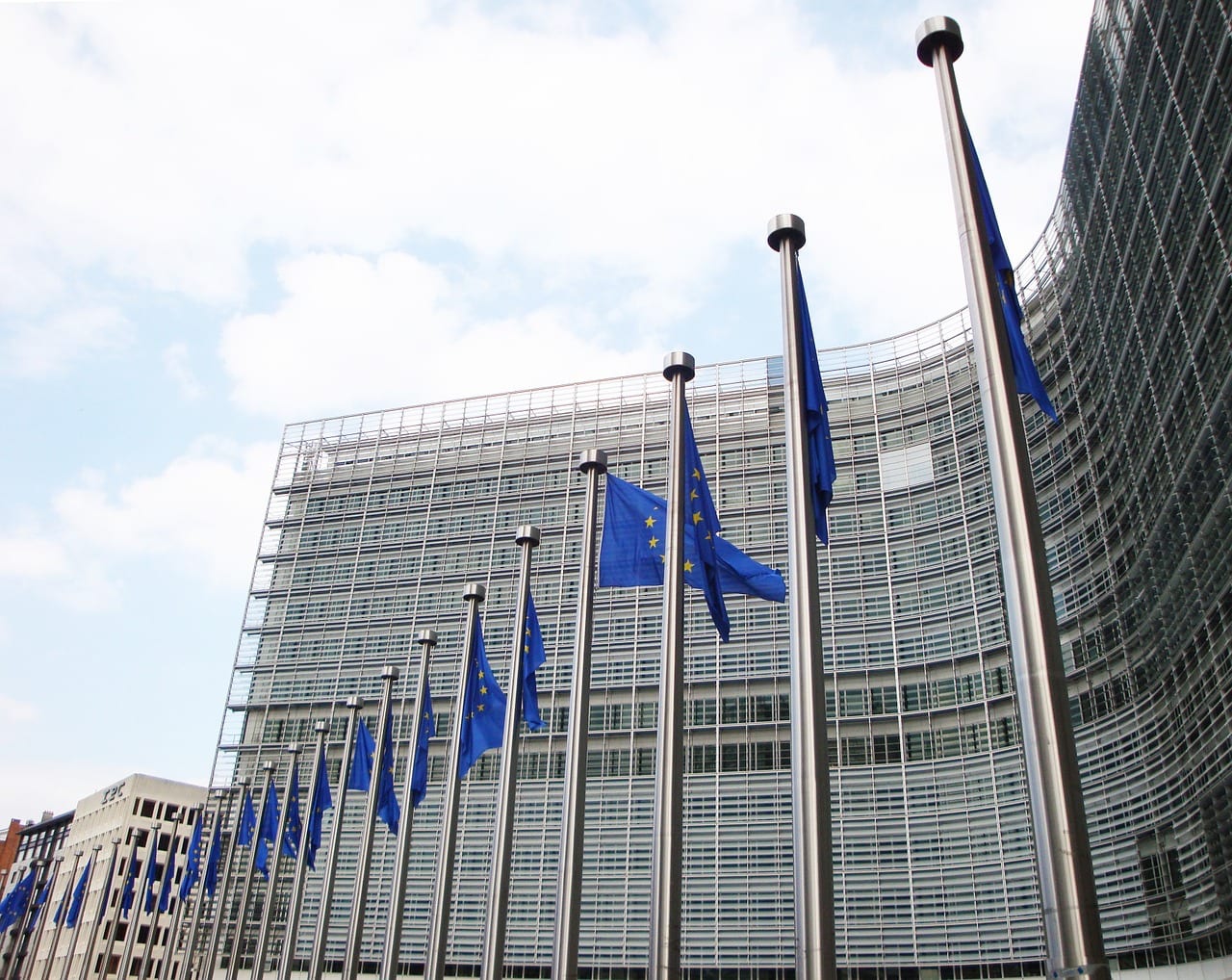Nordic-Baltic business calls for stringent monitoring and follow-up of Next Generation EU funds
The EU Recovery funds, made available through Next Generation EU, will be a fundamental part of ensuring Europe’s economic reboot following the COVID-19 pandemic. Used correctly, these will help reinforce European competitiveness and ensure sustainable growth and economic renewal, by accelerating the essential green and digital transitions.
This is why Nordic-Baltic business confederations believe that it is essential that Next Generation EU funds are dedicated to long-term investments, rather than to filling budgetary gaps. Funds used in one Member State should reinforce and strengthen the EU Single Market. It is also crucial to ensure transparency on how the funds are being distributed through Next Generation EU.
To ensure that the considerable resources available through Next Generation EU fully contribute to sustainable growth and job creation, Nordic-Baltic business suggests that the European Commission establishes a Recovery Scoreboard. This will help follow up on the distribution and the use of funds, as well as providing a route for disseminating best practice from those countries where the funds are being used.
Having determined the principle criteria for allocating Recovery Fund resources, with a clear focus on competitiveness, job creation and the green and digital transition, we urge the European Commission to:
- Monitor closely that Member States meet the required objectives and follow up accordingly.
- Ensure that national measures are reported and separately recorded in national budgets, in order to ensure full transparency.
- Define quantifiable goals for an EU Recovery Scoreboard.
- Make the Scoreboard – continuously updated – publicly available.
- Incorporate the Scoreboard into the European Semester and the European Commission’s regular reviews.
Nordic-Baltic business supports the overall goals for Next Generation EU aimed at strengthening European competitiveness and ensuring sustainable growth and jobs. However, to achieve these goals, the European Commission should ensure that:
- Next Generation EU funding does not distort competition, either between private companies or between private companies and public actors.
- Public procurement processes in all Member States are fully transparent and open to all European companies.
- The measures comply with State Aid regulations on climate, energy and the environment, following the ongoing review.
EU Member States should, within their national recovery plans, demonstrate that these criteria are being met. To increase efficiency, it is also crucial to minimise the cost and impact of red tape and administrative burden.
With stimulus programmes being launched on both national and on EU level, Nordic-Baltic businesses stand ready to kickstart the recovery and contribute to sustainable growth and job creation for a prosperous future for all.
Confederation of Danish Employers
President: Mrs Lisbeth Dalgaard
Director General: Mr Jacob Holbraad
Confederation of Danish Industry
President: Mr Lars-Peter Søbye
Director General: Mr Lars Sandahl Sørensen
Estonian Employers’ Confederation
President: Ms Kai Realo
Director General: Mr. Arto Aas
Confederation of Finnish Industries
President: Mrs Jaana Tuominen
Director General: Mr Jyri Häkämies
Confederation of Icelandic Enterprise
President: Mr Eyjólfur Árni Rafnsson
Director General: Mr Halldór Benjamín Þorbergsson
Federation of Icelandic Industries
President: Mr Arni Sigurjonsson
Director General: Mr Sigurður Hannesson
Employers’ Confederation of Latvia
President: Mr Vitalijs Gavrilovs
Director General: Ms Liga Mengelsone
The Lithuanian Confederation of Industrialists
President: Mr Vidmantas Janulevičius
Director General: Mr Ričardas Sartatavičius
Confederation of Norwegian Enterprise
President: Mr Arvid Moss
Director General: Mr Ole Erik Almlid
Confederation of Swedish Enterprise
President: Mr Fredrik Persson
Director General: Mr Jan-Olof Jacke
